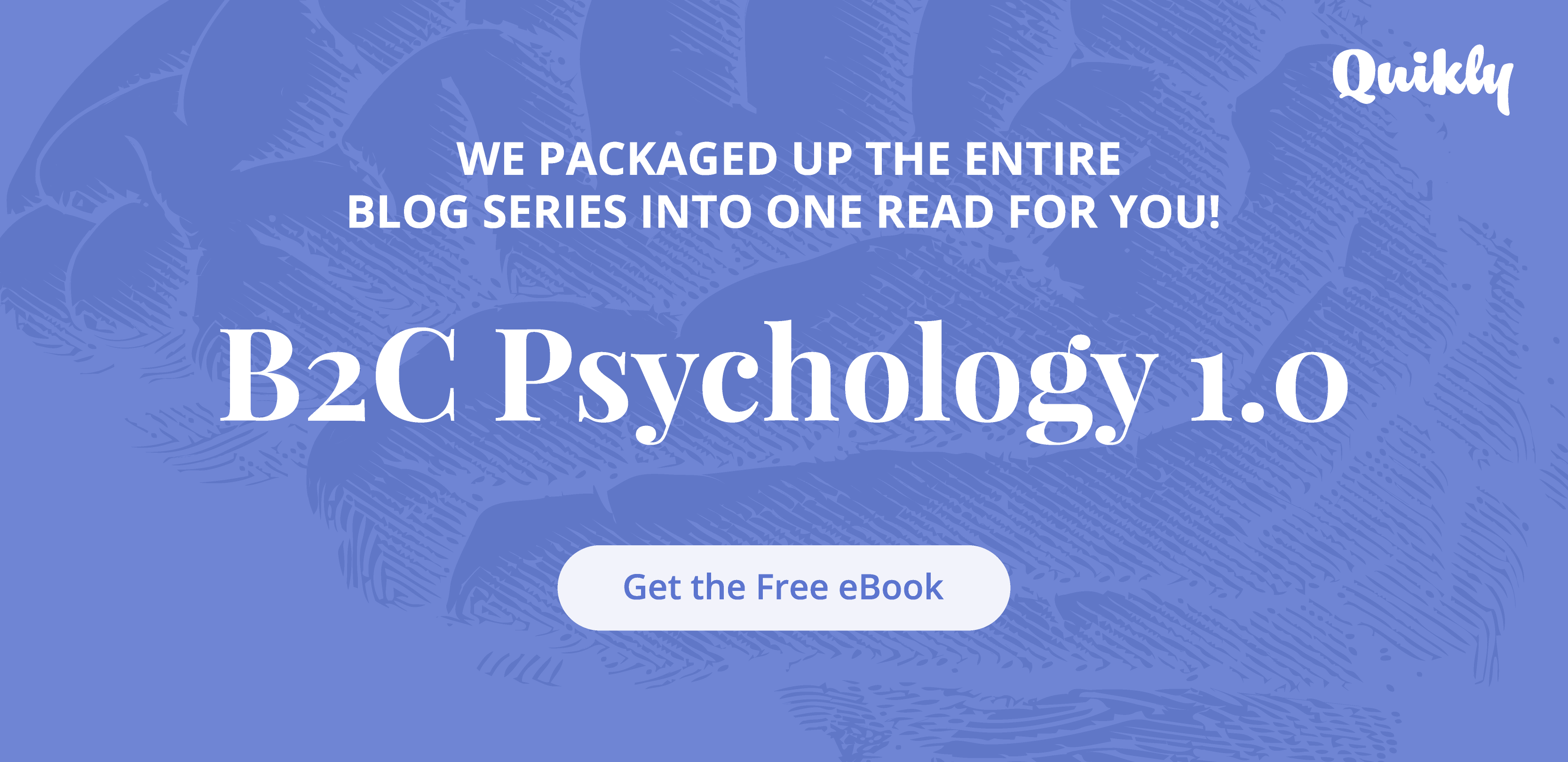
Social proof: Who we trust

This post is part of a series called "B2C Psychology 1.0."
Ever bought a product because your friend has it? Of course you have. And we’ll tell you why.
“The most credible advertising comes straight from the people we know and trust,” Nielsen’s Global Trust in Advertising Report found. “More than eight-in-10 global respondents (83%) say they completely or somewhat trust the recommendations of friends and family.”
The reason behind this statistic is simply that humans tend to be hardwired that way.
This post is part of a series called "B2C Psychology 1.0," exploring how the perception of specific marketing tactics can affect a buyer’s behavior with Consumer Psychologist Dante Pirouz.
In marketing, there’s a concept commonly referred to as "social proof," which HubSpot’s blog describes as “the idea that consumers will adapt their behavior according to what other people are doing.”
Pirouz said she thinks this idea goes beyond a person’s desire to fit in. She believes this kind of behavior is based on who people tend to intrinsically trust, which is why referrals are so effective at driving sales growth.
Who we trust
“As human beings, we’re not just going to listen to any bit of information that comes into our brains,” Pirouz said.
She explained people weigh information by evaluating the validity of the source.
Most of the time, we tend to trust people we know, like friends and family. But that’s not exclusively it. People also trust others who are qualified or have authority over a subject matter in some way. If expertise is important when deciphering information, an older person tends to be trusted over a younger person. If social capital is important, then vice versa.
The exception to all of this is when influencers enter the picture — largely because people feel like they know the individual.
“You may not have ever met, but because you are connected with them digitally, you have the impression that you know them,” Pirouz said. “You’ve watched their videos. You’ve maybe seen them in their bathroom. So we believe consumers honestly think that they have a very good understanding of this person, even though it’s just like any kind of spokesperson.”
Beneficial for business
When people trust the source of information about a product or service, they then trust said product or service. This drives consumers’ behavior to buy.
“The same percentage of global respondents that trust the opinions of friends and family says they take action on these opinions at least some of the time (83% each),” according to Nielsen.
Which is why Pirouz said positive word of mouth is so much more powerful than any type of paid media message.
“This could be potentially more efficient and cheaper in terms of the cost per impression and then the subsequent return on invest, so the actual sales lift that come from positive word of mouth.” Pirouz said. “Marketers are really working hard to find ways that create that buzz to a conversation.”
Whether it comes down to someone’s desire to fit in or a person’s ability to trust, social proof and referrals are powerful marketing tactics. We’ll have more from Pirouz on scarcity and competition as part of B2C Psychology 1.0.

Andrea Gonzales-Paul is a brand journalist at Quikly. Her background is in storytelling, specifically working in TV news and documentary filmmaking.

